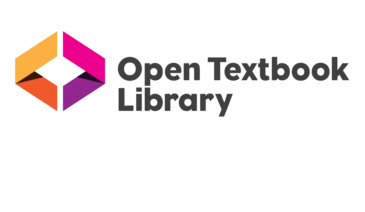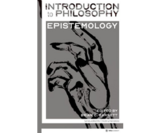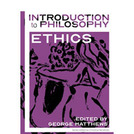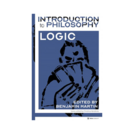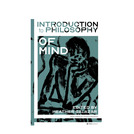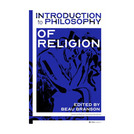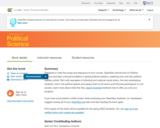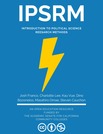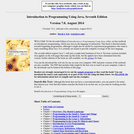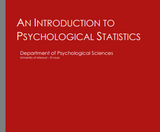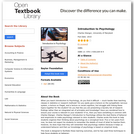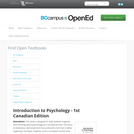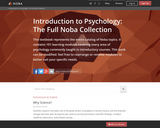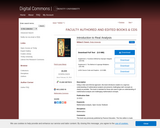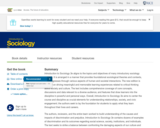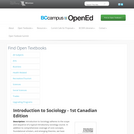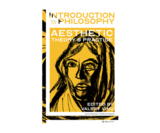
Short Description:
Aesthetic Theory and Practice offers fresh perspectives on canonical and emerging topics in aesthetics, and also brings attention to a number of culturally sensitive topics that are customarily silenced in introductions to philosophical aesthetics. The papers are heterogeneous in terms of length and degrees of difficulty, inviting the reader into the study of contemporary aesthetics, which spans a lifetime. Cover art by Heather Salazar; cover design by Jonathan Lashley. Join the conversation about this and the other books in the Introduction to Philosophy textbook series.
Long Description:
Aesthetic Theory and Practice offers fresh perspectives on canonical and emerging topics in aesthetics, and also brings attention to a number of culturally sensitive topics that are customarily silenced in introductions to philosophical aesthetics. The papers are heterogeneous in terms of length and degrees of difficulty, inviting the reader into the study of contemporary aesthetics, which spans a lifetime.
This collection is co-created thanks to contributions from the Americas, Japan and China, Australia and Austria, England and France, Italy, Germany and Ethiopia. It is not surprising, therefore, that all eleven chapters adopt active critical and often multicultural perspectives, so as to evaluate aesthetics in relation to the tradition, its cultural potential, and the messy, geopolitical circumstances of the 21st century.
If you are adopting or adapting this book for a course, please let us know on our adoption form for the Introduction to Philosophy open textbook series.
Word Count: 88530
ISBN: 978-1-989014-29-5
(Note: This resource's metadata has been created automatically by reformatting and/or combining the information that the author initially provided as part of a bulk import process.)
- Subject:
- Arts and Humanities
- Philosophy
- Material Type:
- Textbook
- Provider:
- Rebus Community
- Author:
- Alexander Westenberg
- Andrew Broadey
- Christina Hendricks (Series Editor)
- Elizabeth Burns Coleman
- Elizabeth Scarbrough
- Ines Kleesattel
- Matteo Ravasio
- Matthew Sharpe
- Pierre Fasula
- Richard Hudson-Miles
- Ruth Sonderegger
- Valery Vino (Book Editor)
- Xiao Ouyang
- Yuriko Saito
- Date Added:
- 12/30/2021
